Venezuela Deploys Warships, Drones as US Military Presence Grows in Caribbean
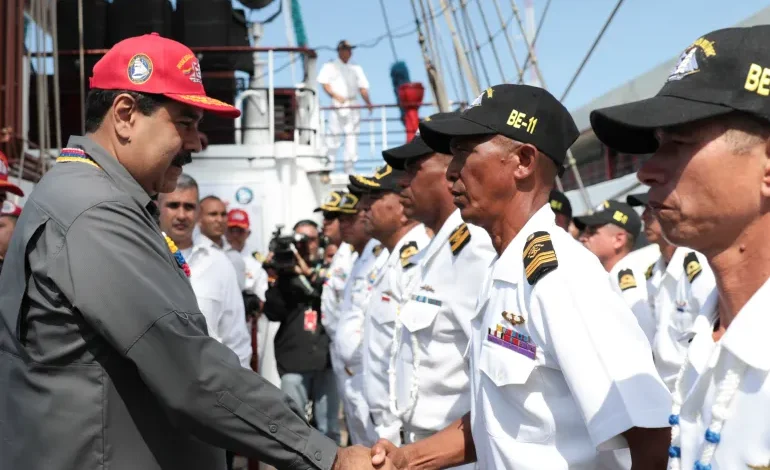
Venezuela is flexing its muscles along its Caribbean coast, rolling out military vessels and drones to counter what it calls Washington’s “hostile actions” after the US sent a fleet of warships, Marines and even a nuclear-powered submarine into nearby waters.
Defence Minister Vladimir Padrino went public on Tuesday with a video message announcing a “significant” drone deployment and naval patrols, including larger vessels pushing north into territorial waters. The move is clearly a response to the US build-up, which has been framed in Washington as a cartel-fighting mission — but in Caracas, it looks and feels like an intimidation campaign.
Just days earlier, the Trump administration accused President Nicolás Maduro and his powerful ally Diosdado Cabello of running the Cartel de los Soles, slapped a “terrorist organisation” label on it, and doubled the bounty for Maduro’s capture to a staggering $50 million. Cabello’s price tag was raised to $25 million. Posters with their faces now hang in Colombian border towns like wanted criminals.
Maduro brushed off the accusations, insisting Venezuela is “free of coca crops and cocaine production,” unlike Colombia. He also hit back at Washington, pointing out America’s own drug consumption crisis. Meanwhile, his government has been busy mobilising 15,000 troops to the Colombian frontier, drafting hundreds of thousands into local militias, and even boasting about busting shipyards that were allegedly building semi-submersibles for trafficking routes to Europe and North America.
Still, the optics are hard to ignore: 4,500 US service members, including 2,200 Marines, are now part of the naval group hovering near Venezuela. Among them, a nuclear-powered fast-attack submarine — the sort of hardware that Caracas quickly flagged to the UN as a “clear act of intimidation.”
In a letter to the United Nations, Venezuela warned the US presence was “a serious threat to regional peace and security” and demanded guarantees that nuclear weapons wouldn’t be deployed or used in the region.
For ordinary Venezuelans, though, the mood seems more weary than fearful. After years of sanctions, oil embargoes, and US attempts to squeeze Maduro out of office — none of which worked — many see this latest escalation as more posturing than prelude to war.
Maduro, who secured a controversial third term in July 2024, has survived Trump’s pressure before. The question now is whether this new round of saber-rattling will change anything — or simply add another layer to the long, uneasy standoff between Washington and Caracas.
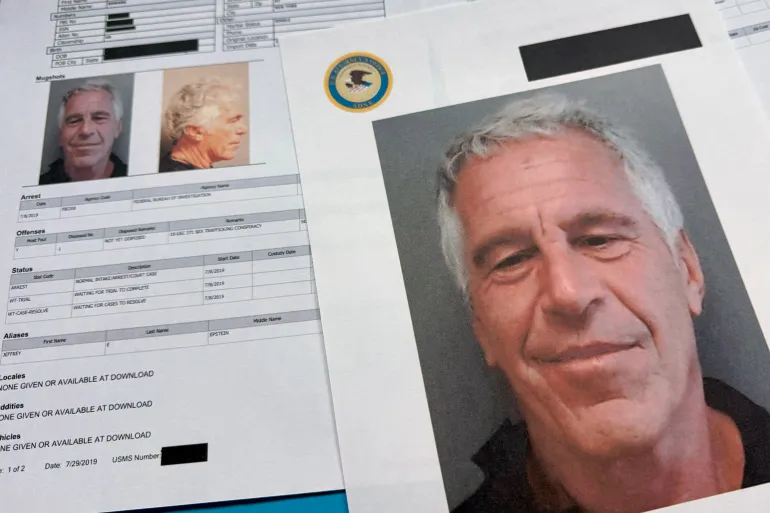
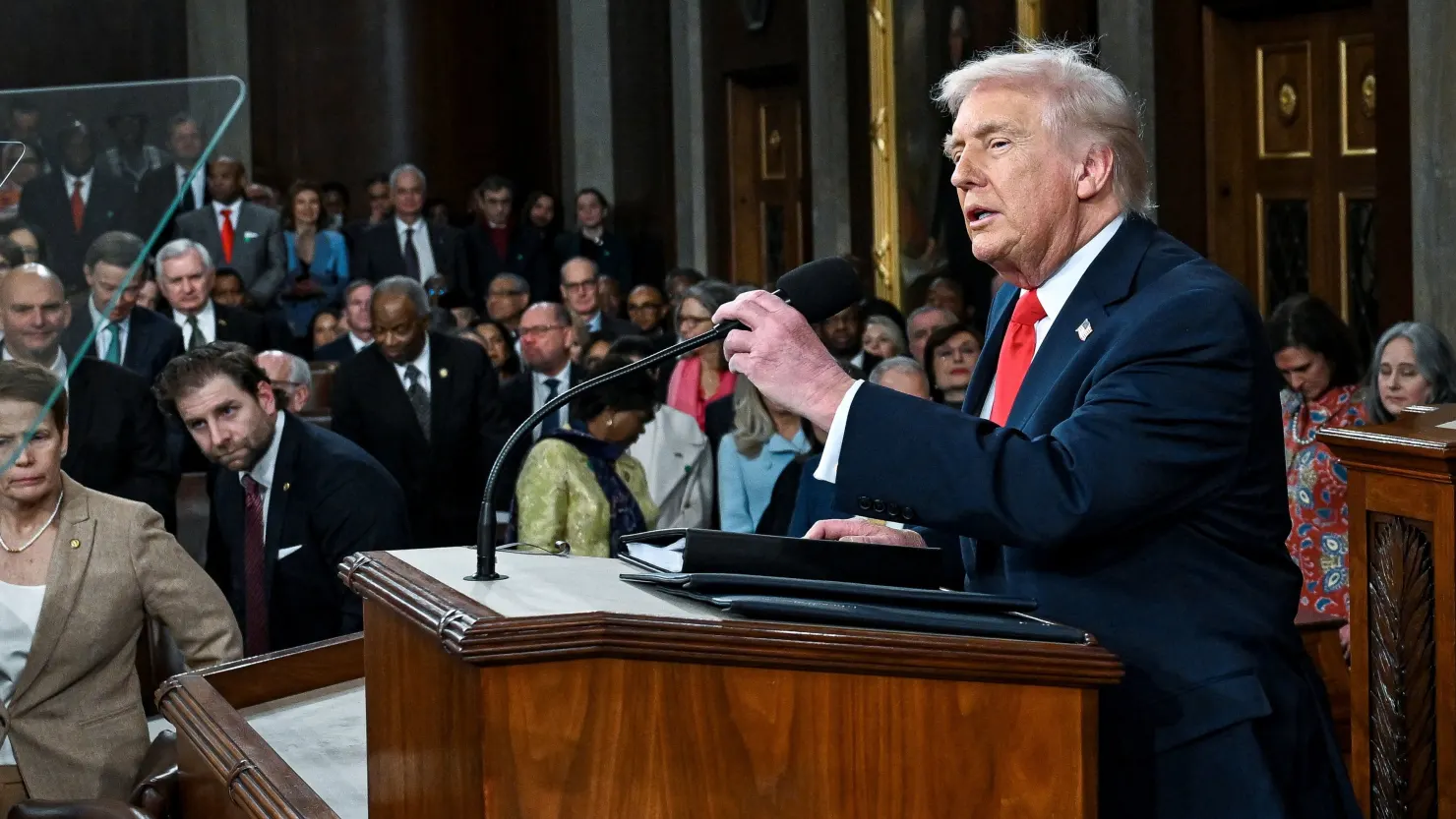
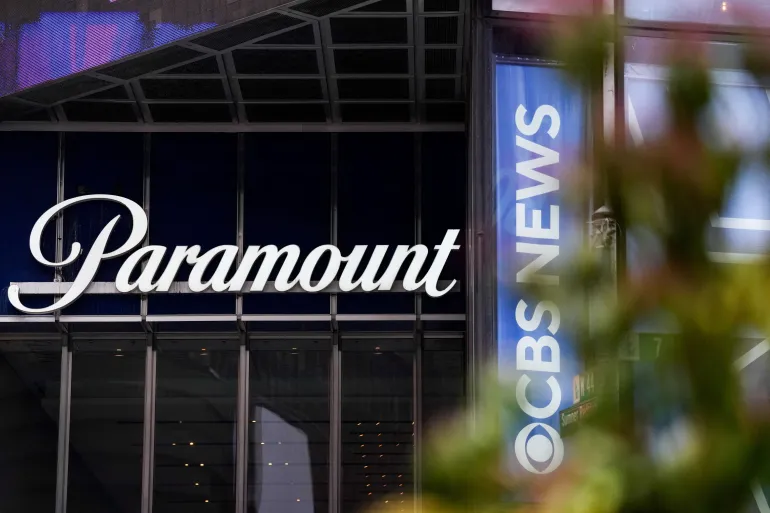

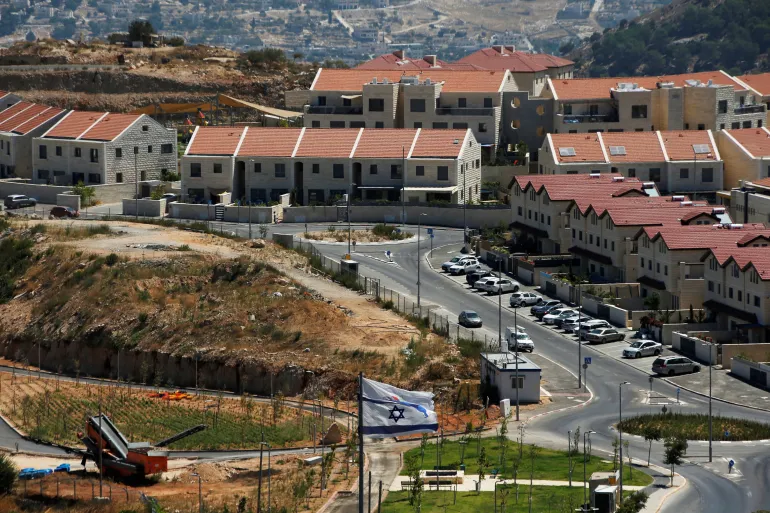




The latest news in your social feeds
Subscribe to our social media platforms to stay tuned